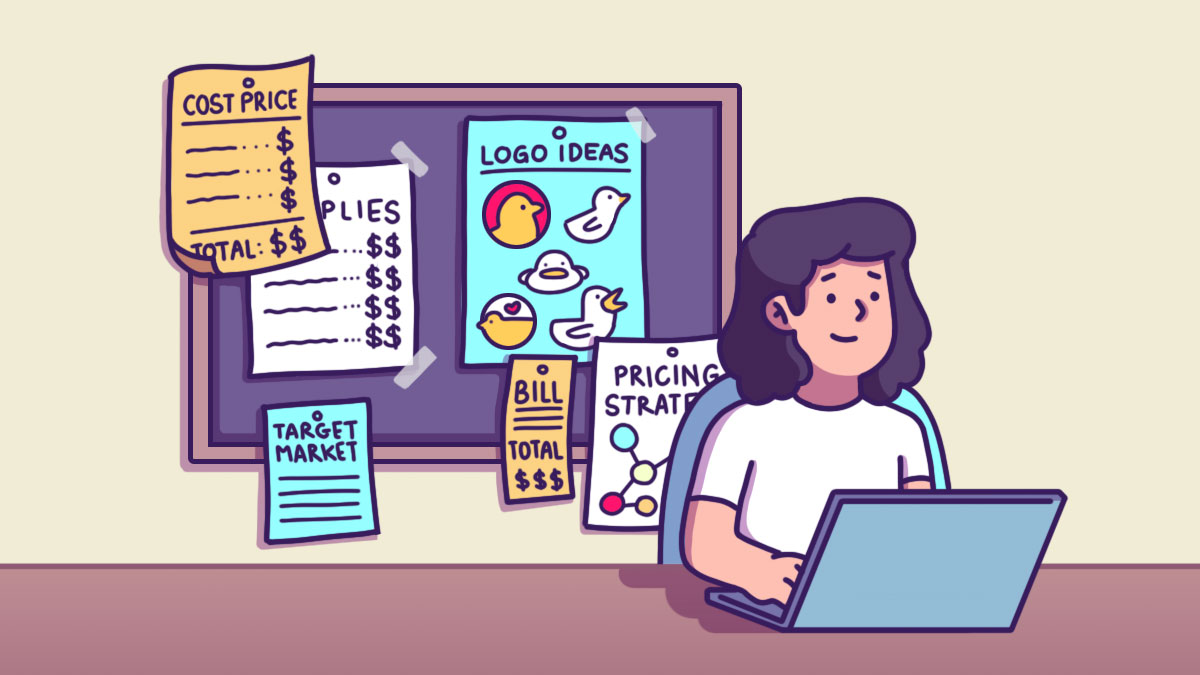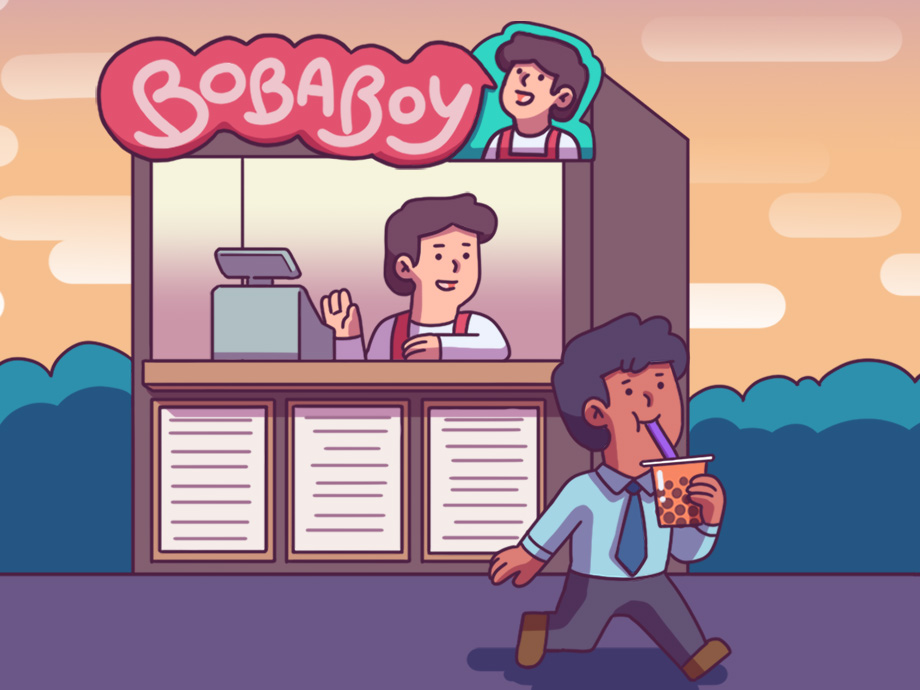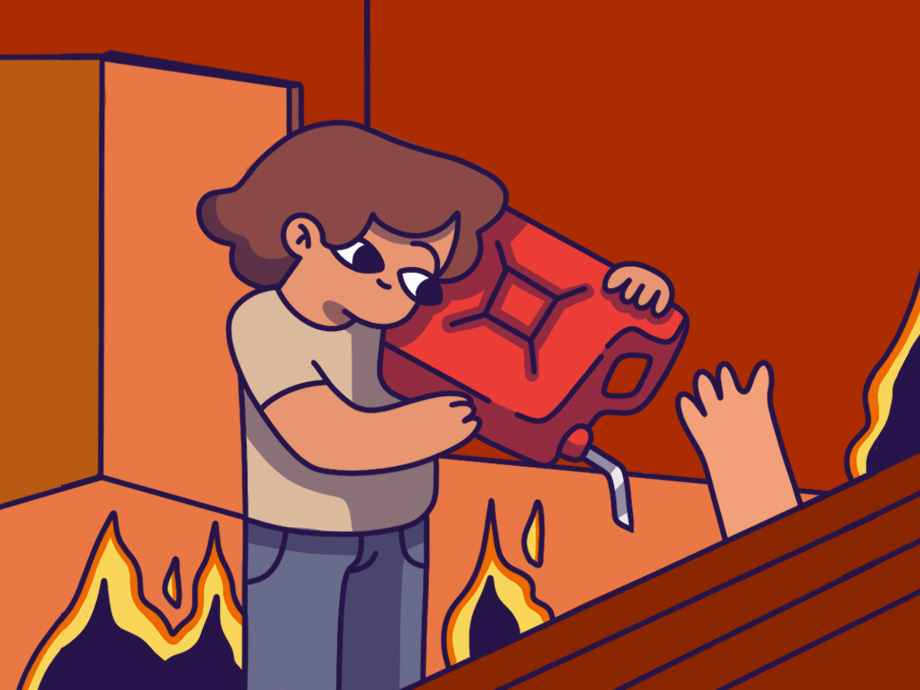Career & Education | Life | Personal Stories | Article
How to Make Your Business Succeed: 4 Malaysian Homegrown Businesses Share Their Tips for Success
by Ooi May Sim | 17 Mar 2022

For many of us, the thought of starting our own business has probably crossed our minds more than once. Whether it is making a jar of sambal, a bar of soap or selling trading cards, we have all thought about different ways to increase our moolah.
But oftentimes, we are held back from kicking off our grand ideas for a variety of reasons – we either don’t have enough time, capital or business insights.
We spoke to the founders of Amazin’ Graze, Mossery, Christy Ng and Five & Two Fine Foods, four local start-ups that have grown into successful business entities and got them share what it took for them to start something from scratch. They also threw in some tips for aspiring entrepreneurs.
So, break out your notepad and find out what it took for them to grow their business.
Entrepreneurship is a mental game and is high-risk
“What people don’t talk about is how strong you have to be internally as a person, and how strong your supporting network is,” says Amy Zheng, founder of Amazin’ Graze.
She points out that this is the only way to survive the tough journey of entrepreneurship.
“Of course, there are other challenges, but in order to tolerate this level of risk, this level of uncertainty and the challenges coming your way all the time, you need to be mentally strong.
“Not everybody can be mentally strong for so long so that’s where your support system is important – you need to find that source of strength from other people,” shares the 37-year-old.
Christy Ng, who is the founder of the Christy Ng brand, agrees.
She shares that “Entrepreneurship is not for everyone. There are countless sleepless nights, blood, sweat and tears.
“You need to understand your personal risk and stress tolerance well before starting something, and you must also be comfortable living with uncertainty,” she says.
Continuously invest in your business, but don’t overdo it
The amount of money that is required for your business to flourish is not a one-off payment; you will find yourself having to regularly pump in funds to keep it going.
For Amy, to increase brand awareness and demand for Amazin’ Grace, they (Amy and her two business partners) regularly invests money in marketing. Amy estimates that the company spends at least 20% of their revenue on marketing, and this spend has been critical to the growth of their heathy food brand.
“Traditional companies tend to want to save money on marketing. They tend to be a bit more conservative on how they spend money on marketing. But for us, it was an investment that we started making from the very beginning.
“At the end of the day, you can have the greatest product in the world, but if you don’t know how to get this product to the world, that business won’t succeed,” she shares.
Amy also believes that investing money in her own business is a far better investment compared to other investment instruments because “you don’t really know how other people are managing money in their companies, but you know what is going on in your own company”.
She adds that, “The returns from your business are going to be higher than any other channel. If you invest in your own business, the potential return is x1000 versus 10% (which is a good return from investing in stocks).
“It’s disproportionate returns, but of course there is disproportionate risk (in running your own business) as well.”
But founder of Five & Two Fine Foods, John Peter, cautions against overinvesting.
“Don’t get overwhelmed and overinvest in your business. The investment has to be in line with the demand for your product, over a period of time. If there is more demand, you can invest a bit extra to get a higher audience, but you should always take it slow,” shares the 53-year-old.
There may never be a right time, so sometimes you’ve just got to do it
For the founder of Mossery, Vivian Loh, it was a leap of faith when she quit her full-time job in 2015 to concentrate fully on growing her stationary brand that she had initially started as a side hustle.
“I couldn’t keep waiting for the right time to quit my (full-time) job. It came to a point where if we don’t focus (on the brand) full-time, we won’t have anything. The brand was growing quite slowly at that time, but we (trusted our instinct) and took a leap of faith to go all out. We just bet on it,” she shares.
She adds that sometimes, it is better to try than to be haunted by the ‘What Ifs’.
“If your heart tells you to invest your time and money in a business, then start planning how to do it. That’s because if you don’t, you will probably still be thinking about it 10 years down the road,” says the 36-year-old.
“And even if your business does not succeed, you would have gained a lot of wisdom in that industry. It will be a stepping-stone to the next industry or your next job or start-up,” Vivian adds.
Her encouragement for other budding entrepreneurs is, “Don’t be scared of failure, because no matter what, there will still be a takeaway from the experience.”
Related
Have a good work-life balance
If you thought being an entrepreneur meant having control over your own time, and being able to have a good work-life balance, think again.
“I once saw a meme that said, ‘I didn’t want to work at a nine to five job, so I became my own boss. Now, I work 12 hours a day!’ It is so true,” says Vivian.
She elaborates, “We (Vivian and her business partner) thought that once we have our own business, (our time would be more flexible). But for the first few years of business, I didn’t really know how to separate work and (personal) life – work was life and life was work. It was really mixed up.
“It’s like my brain couldn’t stop. You will keep thinking about new ideas and what you want to explore. A lot of things will link back to your business. Even when I buy something and see a paper bag, I would think – how can Mossery’s paper bag be better. Everything becomes like that,” she shares.
However, Vivian now makes it a point not to talk and think about work (too much) after clocking out, for better work-life boundaries.
Amy also advocates having a good work-life balance. “I think it is about choices. I chose to grow my team and entrust them with the responsibility of running the company. I’d rather sacrifice profit so I can hire the best people in the industry. That’s the kind of investment you need for the company to grow.
“If you burn yourself down and concentrate all the responsibility on the founder or business owner, your business will never grow,” she explains.
Amy adds that, “I always tell people that if you want your business to grow, you better stop baking and making products (yourself) because you won’t have time to do anything else. It’s about thinking long term. Short term, you can save some money by not hiring, but you are not doing your business any favours long term.
“Even if you are brilliant, you can’t do everything. So, you really need to know how to build, motivate and inspire your team to go out there and do great things.”
This belief is why Amy and her two partners have grown the company from a three-person enterprise into a company of 270 employees.
Managing business finances is tougher than it seems
Vivian recalls that the biggest financial mistake she made was not paying herself adequately when she first went full time with her business.
“We didn’t get a salary in the first year of business. We just paid ourselves the minimum for food and rental. That’s all. If (we made) a bit extra, we didn’t take it out (of the bank account),” shares Vivian. So, she missed out on personal savings and compounding interests.
For John, one of the biggest financial issues he ran into was learning to separate personal and work finances. As he runs his food catering services from his home, personal and business expenditure can sometimes overlap. But John stresses that you have to separate the items that you buy for yourself and for the business.
“There are certain things that get mixed up sometimes that is not easy to separate, like gas, electricity and water. Who is to say how much you have used for the house and how much for the business?” he says.
But where its possible, you should always separate the items that you buy for yourself and for the business, he adds. And if an item falls into a grey area, it is better not to put them in your business accounts, or you might get into trouble with the income tax department. “Just absorb it. It’s the safer thing to do,” John says.
Related
Have a kickass plan when you start. But be ready to make changes if it doesn’t work out
Having the right strategy is important in ensuring that a business can keep up with the changing times and needs.
For Christy, it was finding a gap in the market for “good quality shoes at attainable price points”. Drawing from her experience of wearing cheap, poorly made shoes that caused her feet to have blisters, she made a few unique shoe designs for women when she was 24 and uploaded them onto her Facebook page in 2012. It went viral.
Although she had no experience in fashion design or business management, and had just RM10,000 of life savings, she knew that having a retail outlet was critical for her business as people prefer trying on shoes before buying it.
Within two years, she opened six retail outlets in shopping malls across Malaysia. She attributes her visibility in these high-traffic venues as the reason for why her brand took off.
“In the early days of the business, getting the direction and model right was highly critical to ensure the business withstands the test of time,” shares the 34-year-old.
John, too, started Five & Two Fine Foods with a strategy – to introduce a novel product to the market, which was bacon jams. And while the response they received for the product was good initially, it began to wane over time.
“The whole bacon jam business wasn’t doing well (after a while). The economic situation was not very good, so people were cutting down on luxuries,” he says.
That was when he knew that the direction for his business needed to change and he started developing other products to sell.
“In 2017, we introduced our daily food, called Homecooked. So, out of that really stressful time came this business…which actually did better!” John shares.
So don’t just stick rigidly to your initial idea. While you should plan and do research, be prepared to adapt and change. In the words of Confucius, “The key to success is often the ability to adapt”.





















